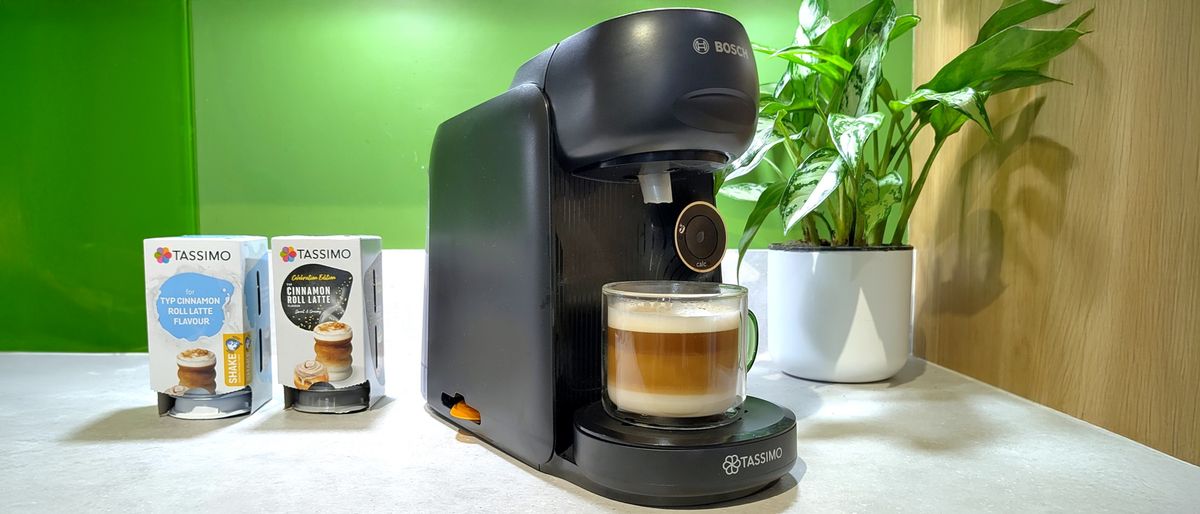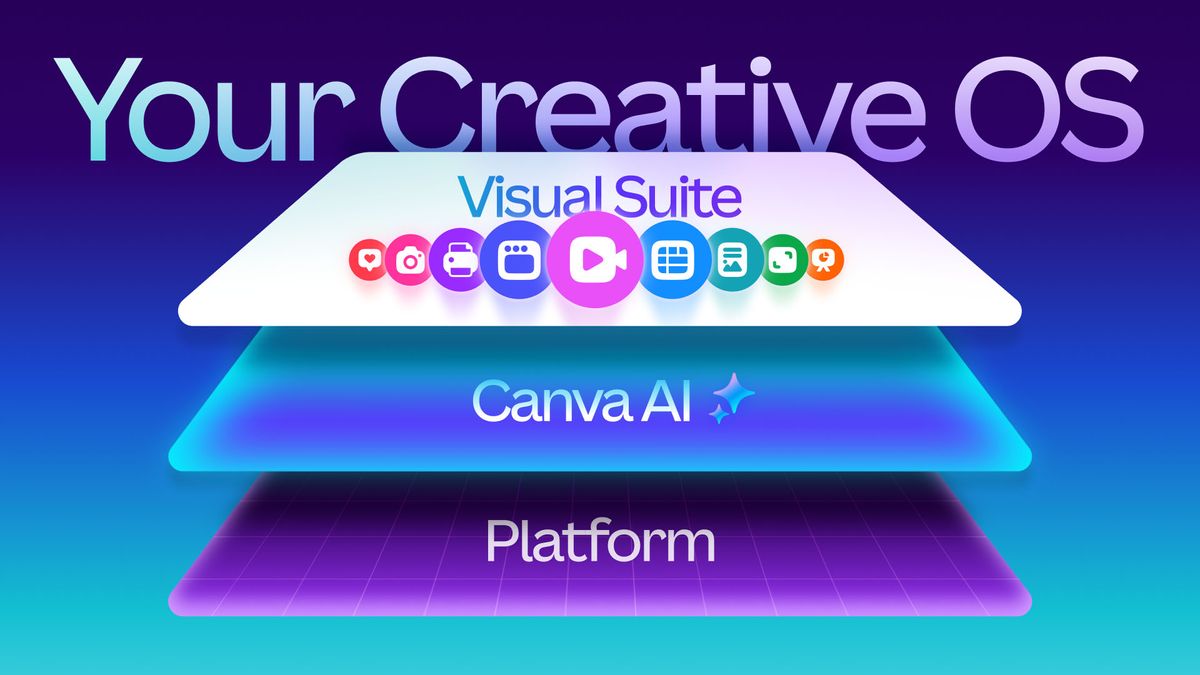For most of my life, motherhood was never something that called to me. It didn't live in my imagination in the way it seemed to for others. While my sister loved nurturing baby dolls and pushing them around in strollers, I was much more into Barbie — I'd come up with elaborate plots, assign character names, and direct my sister through every scene. It was always about the story, not the dolls or what they represented.
As an adult, I often found myself torn between wanting to be a mother. I wasn't naturally maternal, and I wasn't really a kid person — until I became an aunt in my mid-30s. However, before that, I didn't feel I had the patience for kids, and I was usually pretty awkward when interacting with them. What's more, I've never taken motherhood lightly. For me, it was a tremendous responsibility that required the right timing and the right partner.
When I was 28, I ended an almost 10-year relationship, and it was the first time in my life that I started to honestly ask myself if motherhood was something I actually wanted to do or something I felt I had to be open to in order to attract and keep a man. The answer that kept coming up for me was I don't know. Motherhood seemed like a normal path to take if I were to ever meet my person, but it also seemed hard, scary, expensive, and consuming. Difficult pregnancy stories freaked me out, especially when women would warn me about the nauseating constipation and bloating that often came with it. Traumatic labor stories kept me up at night, especially as someone who took almost a year to recover from a simple appendix removal surgery that significantly worsened my already challenging IBS journey.
When I hit 35, my mom asked me if I wanted to consider freezing my eggs. The doctors at the ob-gyn clinic she worked at insisted that after 35, it gets a lot harder for women to conceive because their egg follicles start to decrease. Egg freezing was something I had investigated at 28 but couldn't afford. And while, at 35, I technically still couldn't afford it, I had saved a significant amount of money from living with my parents for a year during the pandemic. Still, I chose not to move forward with it because moving back out and getting an apartment was my main priority.
At the time, I also wasn't meeting a single Latina who had or was considering freezing her eggs. Everyone around me convinced me that I'd be "fine." "Latinas are naturally fertile," I'd hear. My mom would often mention to me the significant number of patients who attended her office who were naturally getting pregnant throughout their 40s and even early 50s.
Instead, I wanted to finally rid myself of the pressure of having to date or get into a relationship with anyone — I surrendered both partnership and motherhood to the universe, and I felt great about it. I was no longer attached to the idea of those things, but kept my heart open. I even went a year during which I convinced myself I didn't want to have kids at all and was only dating men who didn't want to have them either. I felt it had fully rid me of the biological clock pressure. But as I was nearing 38, something switched in me. I accidentally got my fertility tested at my ob-gyn after asking about my hormone levels after a year of being off the birth control pill. I was told that I still had a decent number of eggs, no hormonal issues or imbalances, and healthy AMH levels. Suddenly, I was open again. I realized that if I met the right person, I'd consider it.
But egg freezing still wasn't in my budget, and even though my job's insurance covers a portion, the part I had to pay out of pocket was still much more than I could afford at the time. Then, at 39 and still single, an opportunity to partner with CCRM Fertility in New York City, one of the leading fertility centers in the country, landed in my lap. They were looking for an editor who was interested in documenting their egg freezing or IVF journey, and I was all in.
As a first-generation Dominican American woman, the eldest child and daughter of immigrants, and someone who has grown up constantly around Latine communities, I bought into a lot of the myths that exist around Latinas and fertility. I had people tell me I'd be fine because I'm Latina. My abuela would constantly remind me that she had my uncle at 40 and list all the women in my family who had healthy children and healthy labors in their late 30s, going into their mid-40s. The Latino men I'd date would tell me things like, "You have caderas though," suggesting that because I have hips, I'd have no issues getting pregnant. And Latinas older than me who naturally conceived in their 40s would insist I wouldn't come across any problems. But this didn't explain the countless Latinas I knew who were in their mid to late 30s or early to mid-40s and having serious issues conceiving and having heartbreaking miscarriages. They would often express how they wished they had the money to freeze their eggs when they were younger.
As a first-generation Dominican American woman, the eldest child and daughter of immigrants, and someone who has grown up constantly around Latine communities, I bought into a lot of the myths that exist around Latinas and fertility.
This isn't surprising considering Latinas have the lowest rates of egg freezing in the US, with cost being a significant factor. We're also one of the most uninsured demographics in this country, along with getting paid the lowest wages. Fertility myths, meanwhile, aren't just harmfully stereotypical, but they often prevent us from actually investigating our fertility status when we're younger or looking into options to be able to have children later in life. As a result, Latinas are not only less likely to freeze their eggs or seek out fertility treatments, but they often don't get their fertility checked out at all, even though the research shows women of color are more likely to struggle with fertility than white women.
Having the opportunity to freeze my eggs also debunked so many of the myths I had been fed about egg freezing. My doctor at CCRM, Arielle Bayer, MD, was not just incredibly kind and optimistic; she was also straightforward, informative, and realistic about what my fertility options were as a single 39-year-old woman. It was the most anyone has ever spoken to me about fertility. Talking to her made me feel a lot more hopeful about the process, especially after watching so many TikToks from women sharing how hard, difficult, emotional, and mentally taxing the journey was for them.
I'd watch videos of women showing off what they'd refer to as "egg freezing bloat" or "egg freezing belly" while sharing terrifying stories of how chronically constipated they were or how much pain they were in. Others would share that the hormones impacted their mental health. Many of them compared the egg freezing journey, which averages around two to three weeks per cycle, to feeling like they were experiencing PMS for a month. So, of course, I had my fears, and as a Latina, I personally knew only a handful of other Latinas who had done it, all of whom told me that the experience might not be so bad for me. I'm deeply grateful to everyone who advised me to maintain a positive mindset rather than entering it with excessive concern and worry.
Because of my chronic IBS-C, my doctor suggested getting on an anti-inflammatory diet that would make it easier for me to digest food and would reduce my chances of getting too constipated or too bloated. I keep saying that this journey was divinely sent to me because, before I even knew I was going to embark on egg freezing this year, I spent the first three months of the year on an anti-inflammatory diet.
The anti-inflammatory diet included no dairy, no gluten, no fried foods, no seed oils (at least when I was cooking from home), and no added sugars. I mainly ate animal protein, vegetables, and carbs that are typically easier to digest, such as more sweet potatoes and less white rice. I was also encouraged to increase my water intake and add electrolytes for hydration, so I made that a priority. My doctor also approved continuing to take my gut health supplements — digestive enzymes, probiotics, prebiotics, black seed oil, and colostrum. Throughout the entire journey, the only time I ever experienced bad bloating or constipation was the two days following my egg retrieval procedure. And even so, it was nowhere near as bad as some of the IBS episodes I've had in the past.
When I learned I was going to be injecting myself two to three times a day with hormones, I initially didn't think I was going to be able to do it. I've always been terrified of needles, and the idea of having to self-inject as a single woman who lives alone (as well as having to go into the doctor's office every other day for vaginal ultrasounds and blood draws) really overwhelmed me. I didn't think I was going to be able to get through it. But I kept reminding myself of the countless Latinas who don't have access to egg freezing, who will never have the opportunity to do this. Regardless of how hard it all seemed, I consistently pushed through.
My treatment consisted of hormonal injections, which included Menopur in the mornings and Follistim in the evenings, to help stimulate the ovaries to grow multiple eggs simultaneously. I took these for close to two weeks in combination with oral medications like Letrozole and Dexamethasone after having been on an estrogen patch for a few days. I eventually had to incorporate a third injection called Ganirelix Acetate, which works to prevent premature ovulation, as I got closer to the egg retrieval surgery day.
I turned my injection times into a ritual I could look forward to. I'd play soulful music while I did it and pump myself up. I'd repeat, "I can do hard things" out loud to myself, and my support system — family and friends — helped a lot, too. I treated injection time like a treat I was giving my body, until it became so normal that I stopped fearing it. I never bled or bruised like some people do, and the swelling that followed would go away seconds after applying an ice pack. I never felt moody or depressed, like a lot of women warned me I would. Instead, it kind of helped me navigate my 2025 depression. I felt perkier, in good spirits, and even joyful throughout the process. Even my skin was glowing, with several people asking me what I was doing to maintain my radiant-looking complexion.
Throughout the journey, Dr. Bayer informed me that I had six healthy egg follicles that she aimed to retrieve during the surgery, but nothing was guaranteed. She also warned me that usually only a fraction of the eggs retrieved are mature enough to freeze. However, I believe that going into it with a positive mindset had a significant impact on my results. All six eggs were retrieved and matured sufficiently to be frozen. And while most women try to aim for 20 to 30 eggs, at my age, six mature eggs were a win for me.
Even the post-egg retrieval wasn't as awful as I feared it would be. Dr. Bayer said I could experience cramps and bad digestion with the estrogen decline, and while I did get constipated two days later, I felt pretty good after that. My first period following the surgery was a little heavier than usual, with some light cramping on day one — I normally never get cramps. But other than that, I felt fine. I don't recall experiencing any noticeable mood shifts or particularly bad days.
If you were to ask me now if I want or would ever have kids, my answer is clearer — yes, if the right person were to come along. I'd love to experience raising a human in this life with a loving, supportive, and committed partner who is a great match for me. But if that doesn't pan out for me, I'll be just fine. It's a mindset that really supports me well, considering egg freezing doesn't guarantee anything; it just provides you with younger, healthier eggs to use if you were to try to get pregnant later in life. Egg freezing is by no means baby insurance, but it's an option, and one I'm going to start advocating for more women like me to have.
Johanna Ferreira is the content director for PS Juntos. With more than 10 years of experience, Johanna focuses on how intersectional identities are a central part of Latine culture. Previously, she spent close to three years as the deputy editor at HipLatina, and she has freelanced for numerous outlets including Refinery29, Oprah magazine, Allure, InStyle, and Well+Good. She has also moderated and spoken on numerous panels on Latine identity.

 4 months ago
52
4 months ago
52

:quality(85):upscale()/2025/11/28/816/n/1922507/96dfa0316929eb7d6009c4.58082318_.png)
:quality(85):upscale()/2025/11/28/911/n/1922564/6007a1e4692a0b7e0754d6.70992304_.jpg)





 English (US) ·
English (US) ·